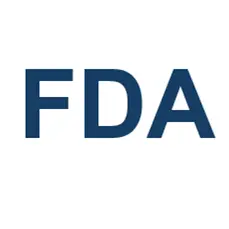Vitamin C (ascorbic acid) is a vitamin that acts as an antioxidant. It is often added to foods and drinks to preserve freshness or provide additional nutrition.
Vitamin C (Ascorbic Acid)
Found In
- Beverages
- Dietary supplements
- Fortified cereals
- Fruit juices
Also Known As
- Ascorbic Acid
- E300
The Beverage Bottom Line
Vitamin C (ascorbic acid) is authorized for use in the U.S., Europe and Canada.
This ingredient may have authorizations in countries not included on this site.
International Assessments and Authorizations

U.S. Food And Drug Administration (FDA)
Generally recognized as safe for intended uses. (GRAS)
Information on its use as a preservative and nutrient.
In 2006, dietary reference intakes for ascorbic acid were reviewed by the National Academies of Sciences, Engineering and Medicine.
In 1979, ascorbic acid was evaluated for health effects when used as a food ingredient.

Health Canada
Safe for intended uses.
In 2006, dietary reference intakes for ascorbic acid were reviewed by the National Academies of Sciences, Engineering and Medicine.
This page was last updated on 9/9/2025.


